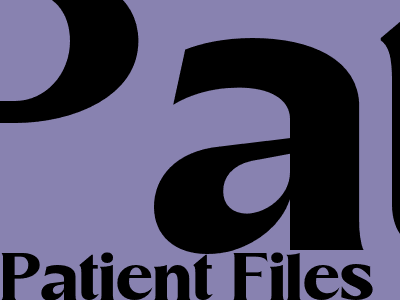Unlocking the Secrets of Patient Files: A Comprehensive Guide
Understanding Patient Files: The Essential Elements
Patient files are a crucial component of healthcare documentation, providing a comprehensive record of a patient's medical history, treatments, and diagnoses. They typically include information such as:
- Patient demographics (name, age, address)
- Medical history (past illnesses, surgeries, medications)
- Physical examination findings
- Laboratory and imaging results
- Treatment plans and progress notes
The Importance of Accurate and Complete Patient Files
Accurate and complete patient files are essential for several reasons:
- Effective patient care: They provide healthcare professionals with a clear understanding of a patient's medical condition, facilitating informed decision-making and appropriate treatment.
- Medical research: Patient files contribute to medical research by providing data for studies that advance medical knowledge and improve patient care.
- Legal protection: They serve as legal documentation of a patient's medical encounters, protecting healthcare professionals and institutions in case of disputes.
Confidentiality and Privacy in Patient Files
Protecting patient confidentiality and privacy is paramount when handling patient files. Healthcare professionals must adhere to strict regulations and ethical guidelines to ensure that:
- Patient information is used only for legitimate healthcare purposes.
- Access to patient files is restricted to authorized personnel only.
- Patient consent is obtained before sharing their information with third parties.
Benefits of Electronic Patient Files
Electronic patient files (EHRs) offer numerous benefits over traditional paper-based records, including:
- Improved access: EHRs provide secure and convenient access to patient information for authorized healthcare professionals, regardless of their location.
- Enhanced security: Electronic records are protected by robust security measures, reducing the risk of unauthorized access or loss.
- Automated alerts: EHRs can generate alerts for important events, such as medication interactions or potential adverse reactions, improving patient safety.
Conclusion
Patient files are indispensable tools in healthcare, providing a comprehensive record of patient information for effective care, research, and legal protection. Maintaining accurate and complete patient files is crucial, while ensuring their confidentiality and privacy is paramount. Electronic patient files offer significant benefits, enhancing access, security, and efficiency in healthcare delivery.

Comments